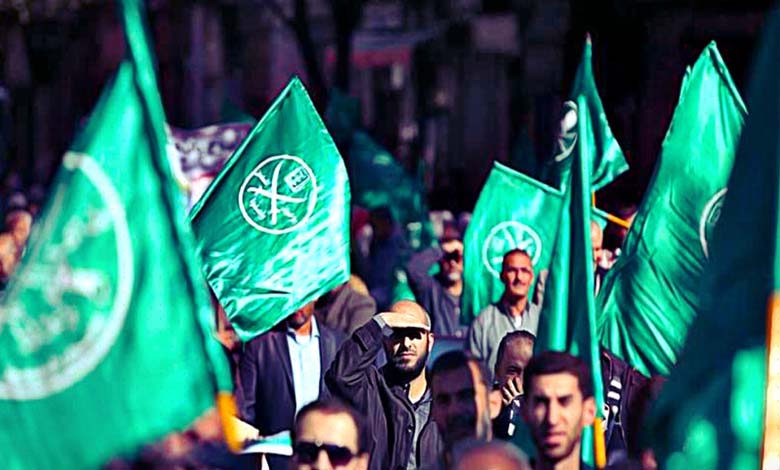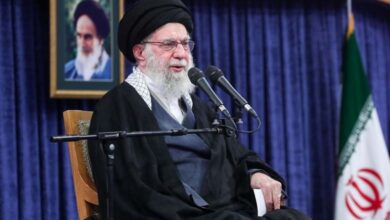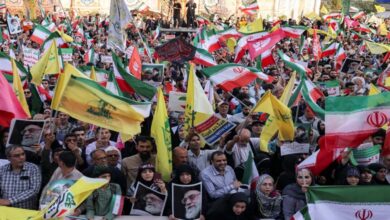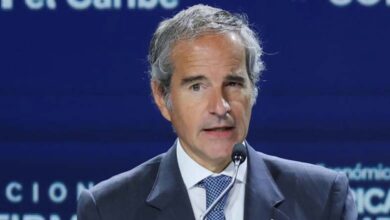History of the July 23 Revolution Reveals the Terrorism of the Muslim Brotherhood

The July 1952 Revolution exposed the Muslim Brotherhood for the first time, before revealing all their maneuvers and schemes in June 30, 2013.
According to a report by Al-Yawm Al-Sabe’, published on the occasion of the anniversary of July 23 Revolution, the Brotherhood viewed the revolution as an opportunity to seize power in Egypt, or at least to exercise guardianship over the rulers to manage the country according to the whims of the General Guide. Otherwise, the alternative was confrontation with the authority, state, and society, the same equation reused in June 2013: “Either we rule you, or we kill you.”
The relationship between the Brotherhood and the revolution did not start on the same wavelength; initially, there was cooperation, but disagreements began to surface over time. Eventually, the Brotherhood resorted to violence in the Manashiya incident and attempted to assassinate Gamal Abdel Nasser.
Strangely, the Brotherhood repeatedly attempted to disassociate itself from the incident, promoting a narrative that it was nothing more than a play orchestrated by Abdel Nasser and his regime to persecute the Brotherhood and throw them into prisons.
The newspaper also recalled significant statements by Yusuf al-Qaradawi and his confessions made in various instances, notably during his interview on Al Jazeera titled “Are the Brothers Terrorists?” At that time, al-Qaradawi tried to refute the terrorism charges against the Brotherhood, citing its history. Initially, he denied the Brotherhood’s involvement in the incident, but later reconsidered his opinion, stating: “What I see is that this matter is the responsibility of Handawi Dweer and his group, only (4 or 5).”
In his memoirs published on his website titled “Biography and Journey,” he said about the Manashiya incident: “It is on Handawi Dweer’s shoulders, who wanted to execute what he thought the Brotherhood had neglected! Who knows, if his plan had succeeded, he might have become a hero and considered a savior of the call.”
Handawi Dweer, for those who do not know him, was the head of the Imbaba district in the Muslim Brotherhood and worked as a lawyer in the office of Jihad Ouda, a prominent Brotherhood symbol.
-
Is lying a fundamental doctrine in the Muslim Brotherhood?
-
The Army in Trouble Due to the Muslim Brotherhood
As usual, the Muslim Brotherhood attempted to attribute credit for the July 23 Revolution, on the occasion of its 72nd anniversary, claiming to have been the first to assist the Free Officers in the revolution, despite their claim being completely contrary to reality.
On the other hand, Professor of Political Science Atiya Alam al-Din said in a statement to Al-Bawaba News: “The Muslim Brotherhood will always and forever hate the July 23 Revolution because it reminds them of their failure, as it was the beginning of their end, which ended with the execution of some of their top leaders, most notably (Sayyid Qutb and Abdul Qadir Audah). Especially since the Brotherhood attempted to assassinate the late President Abdel Nasser in Midan al-Manashiya in 1954, and the Brotherhood desired to exploit and steal the revolution to obtain the highest ranks and positions. When they failed in this matter, they claimed victimhood and falsehood, attempting to sabotage it.”
-
The Muslim Brotherhood’s attempt to exploit the kidnapping of a Yemeni Army Commander
-
International Expert Reveals Strategies to Confront the Muslim Brotherhood in European Countries
Al-Din emphasized that the Free Officers from the beginning dealt with the Brotherhood as terrorists, and all its leaders sought to spread terrorism and extremism. Therefore, they worked to marginalize them, especially since the Brotherhood, after the revolution, stipulated to Gamal Abdel Nasser to obtain half of the ministries. It was natural to reject this condition because their intentions were clear, and since then, the battle began, with many defections occurring within the Brotherhood.












